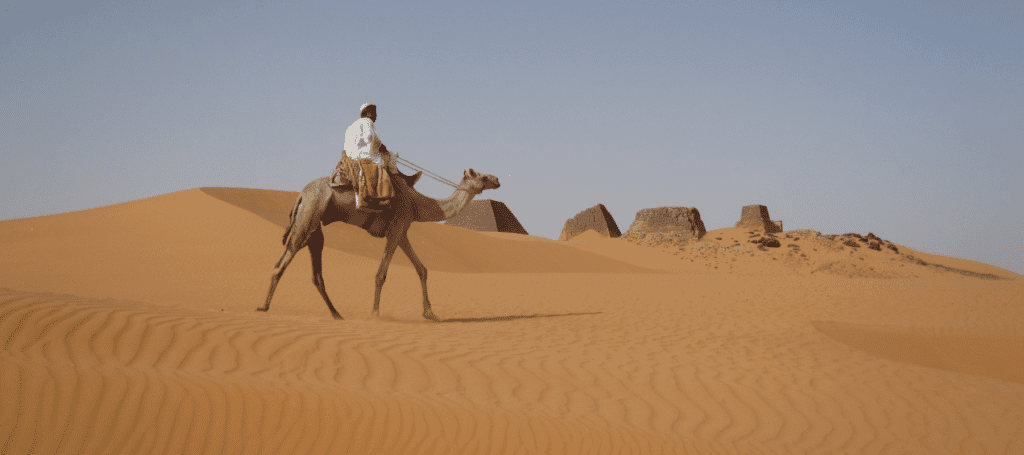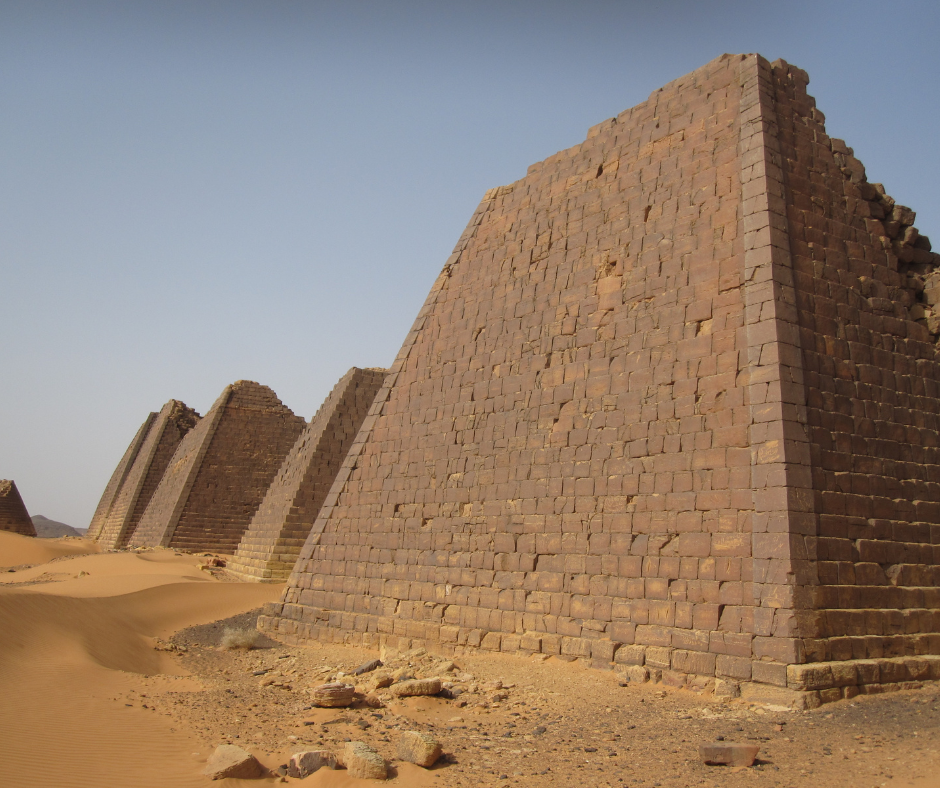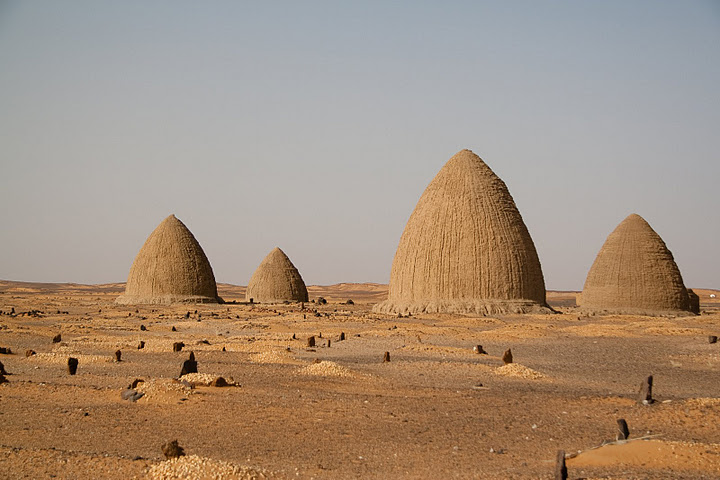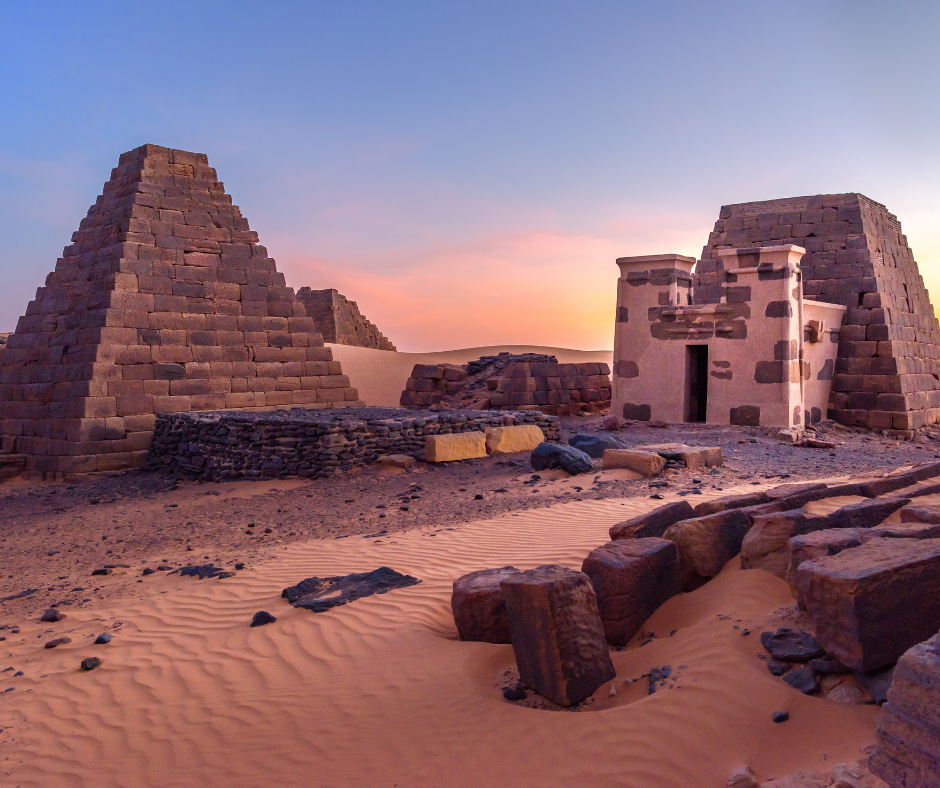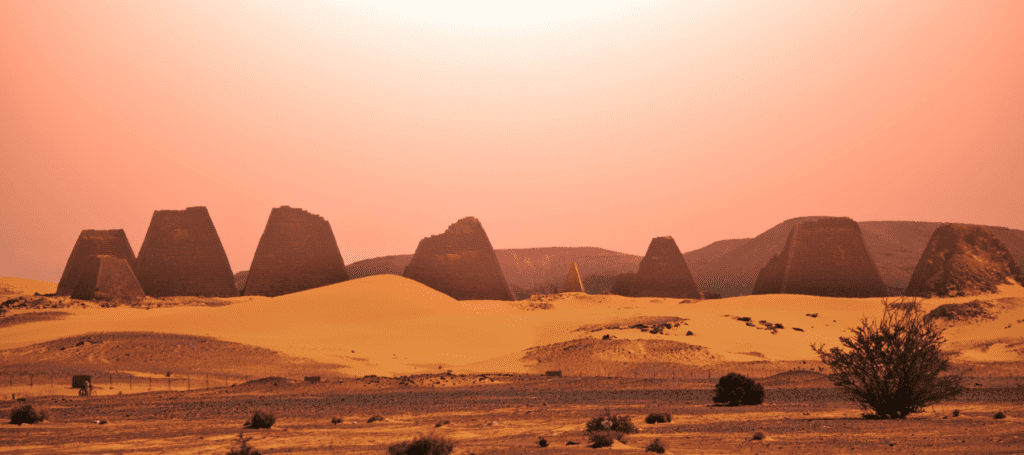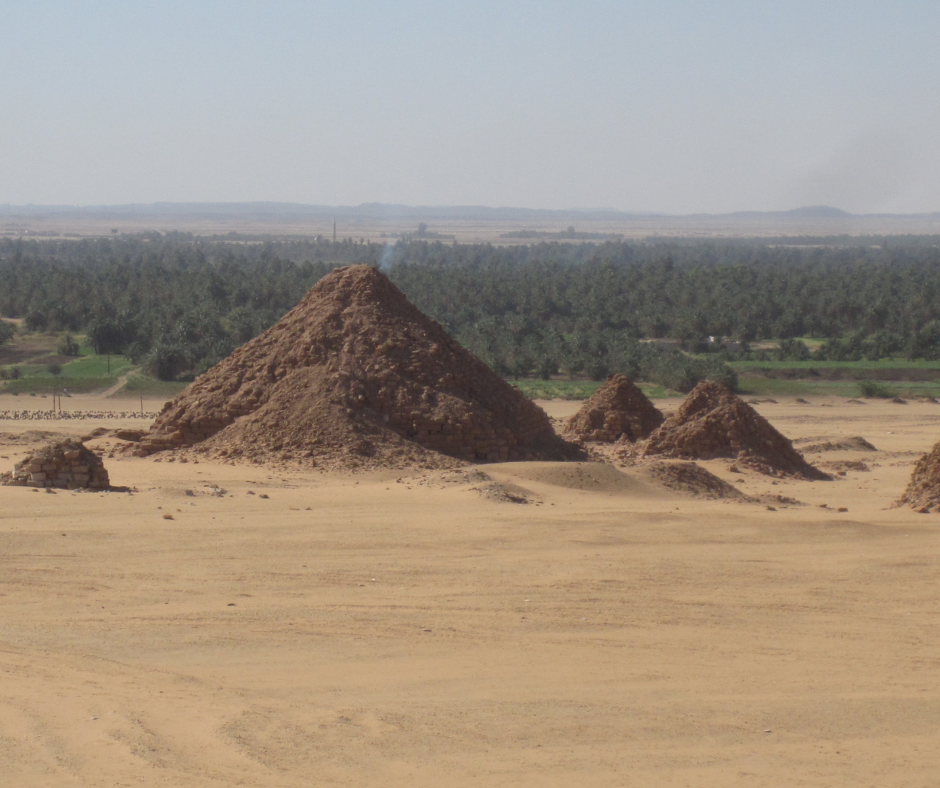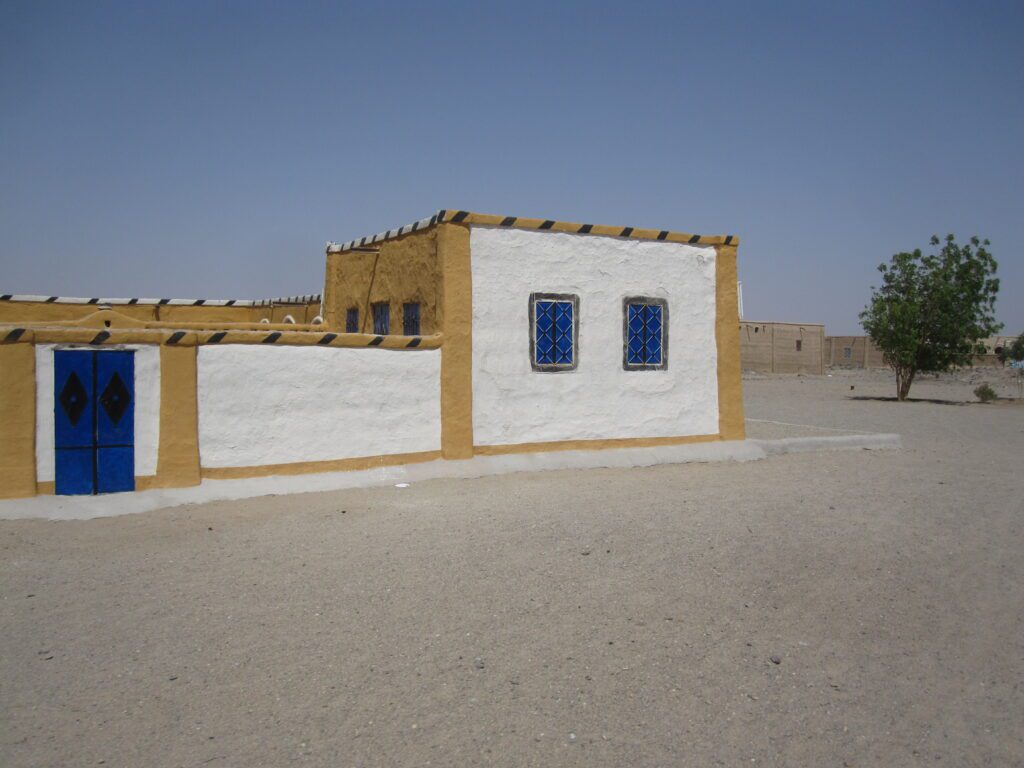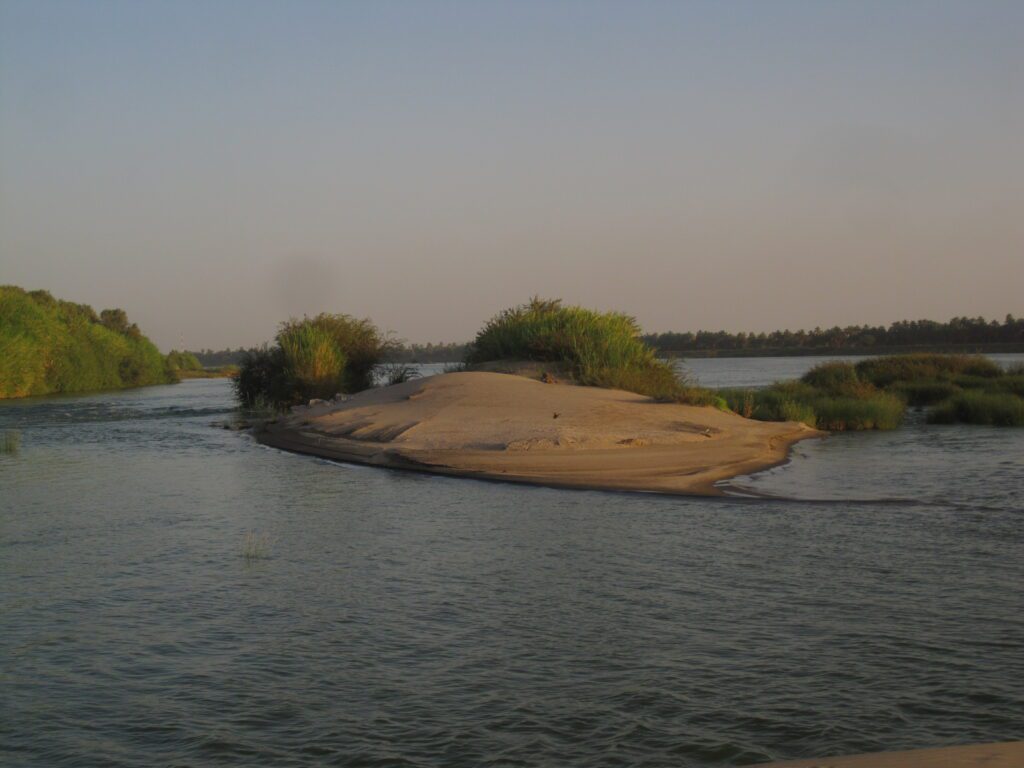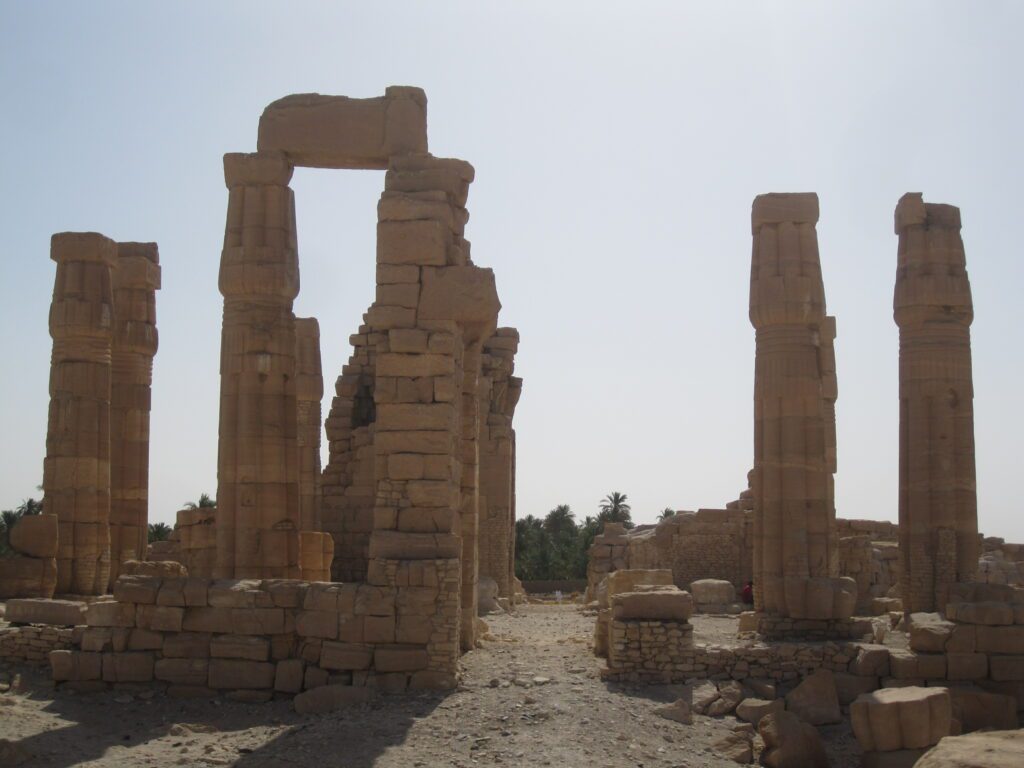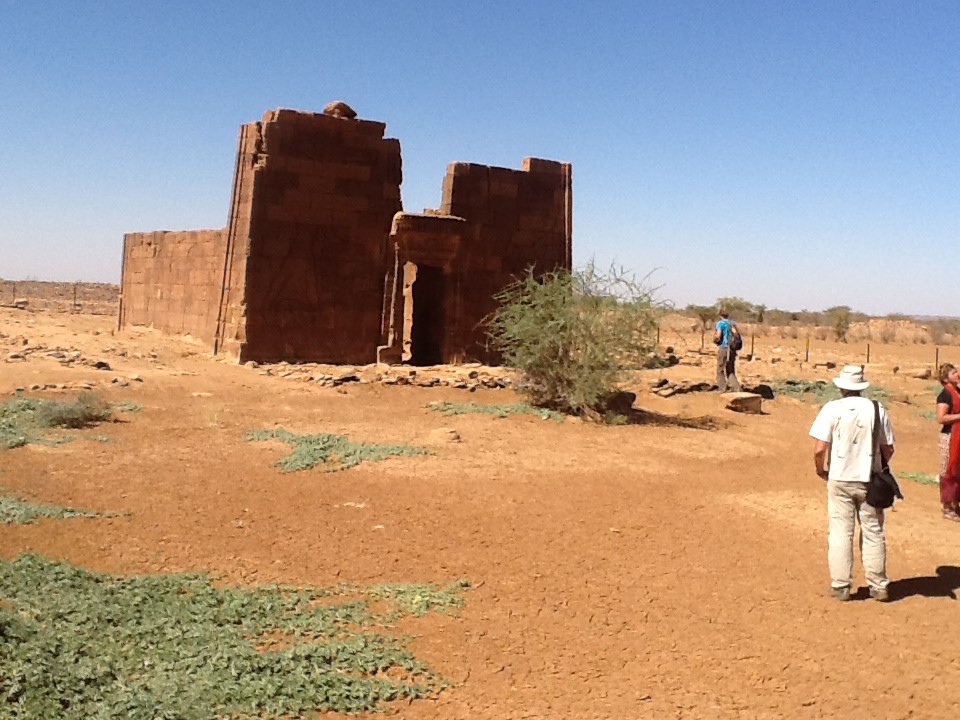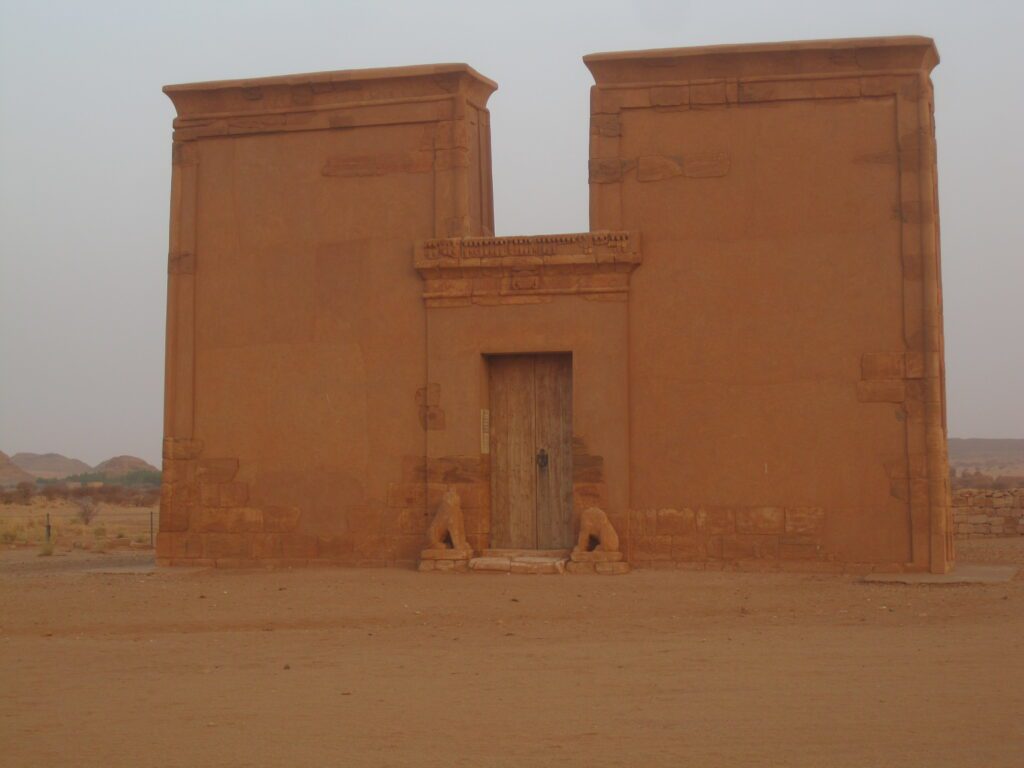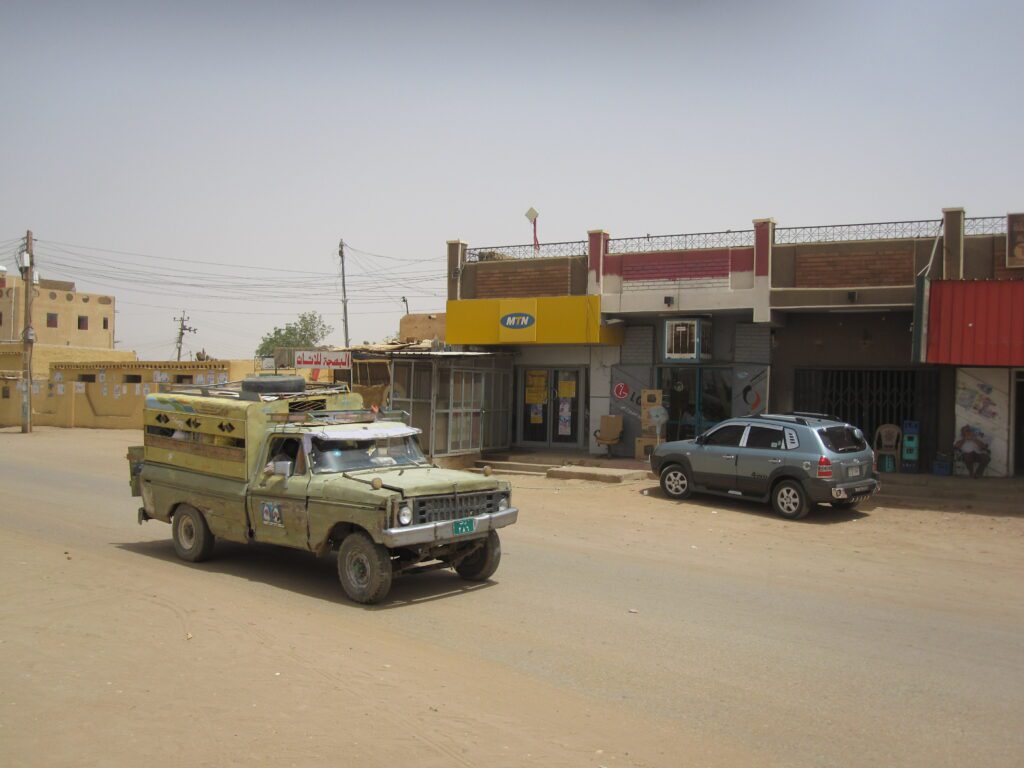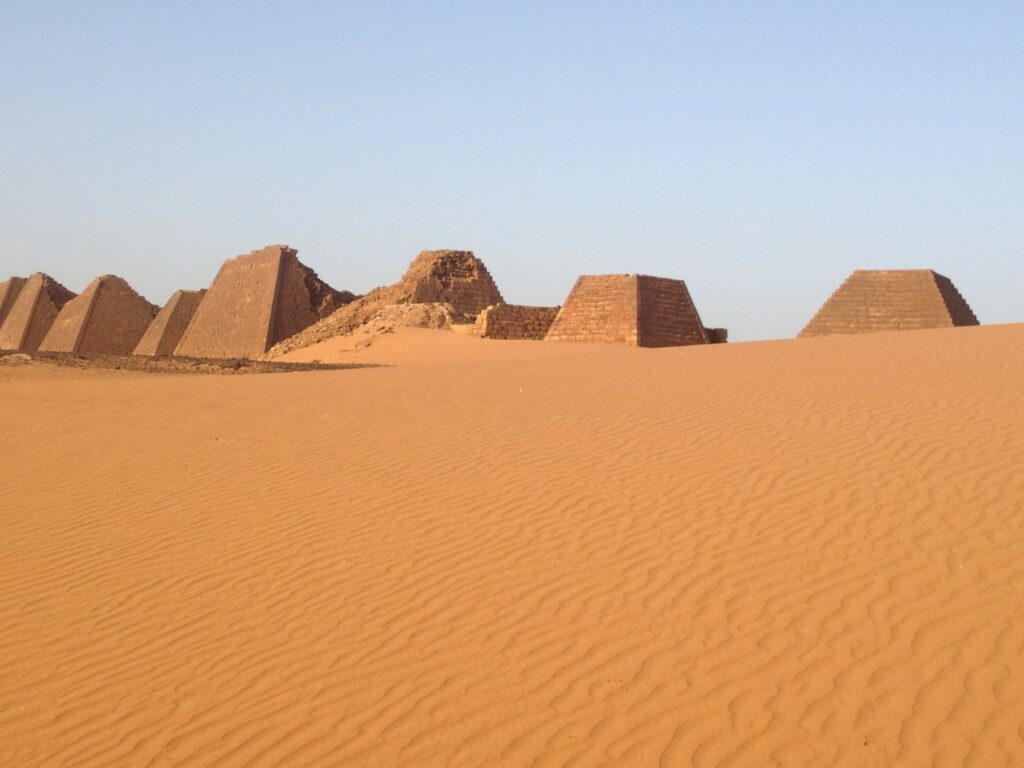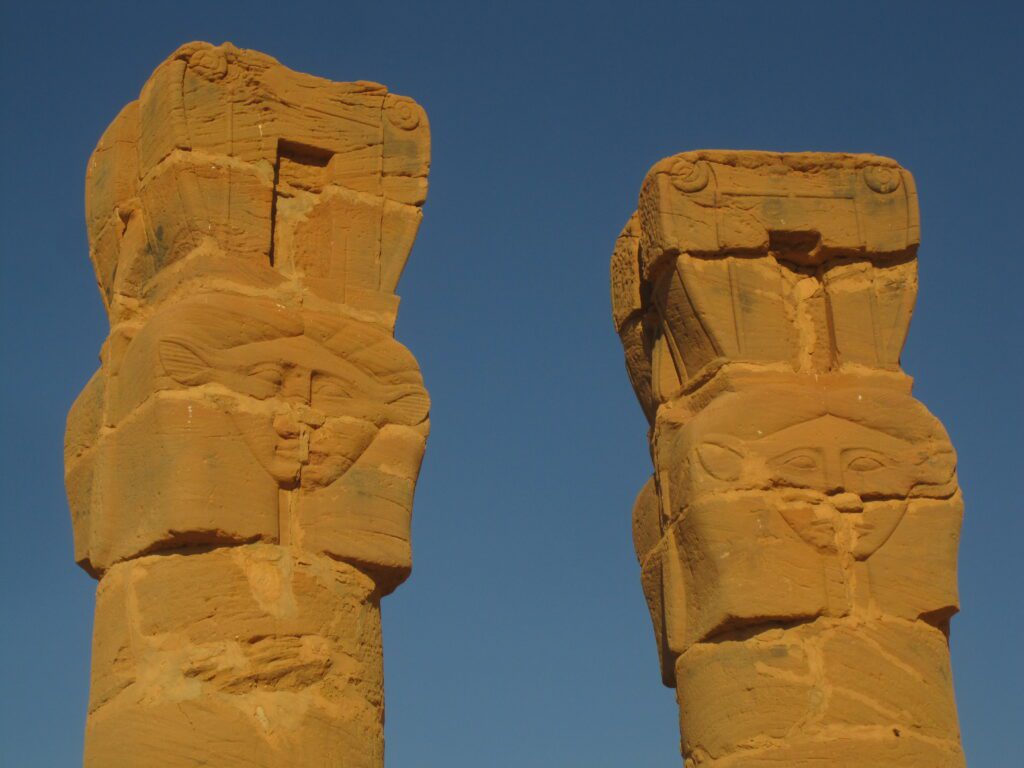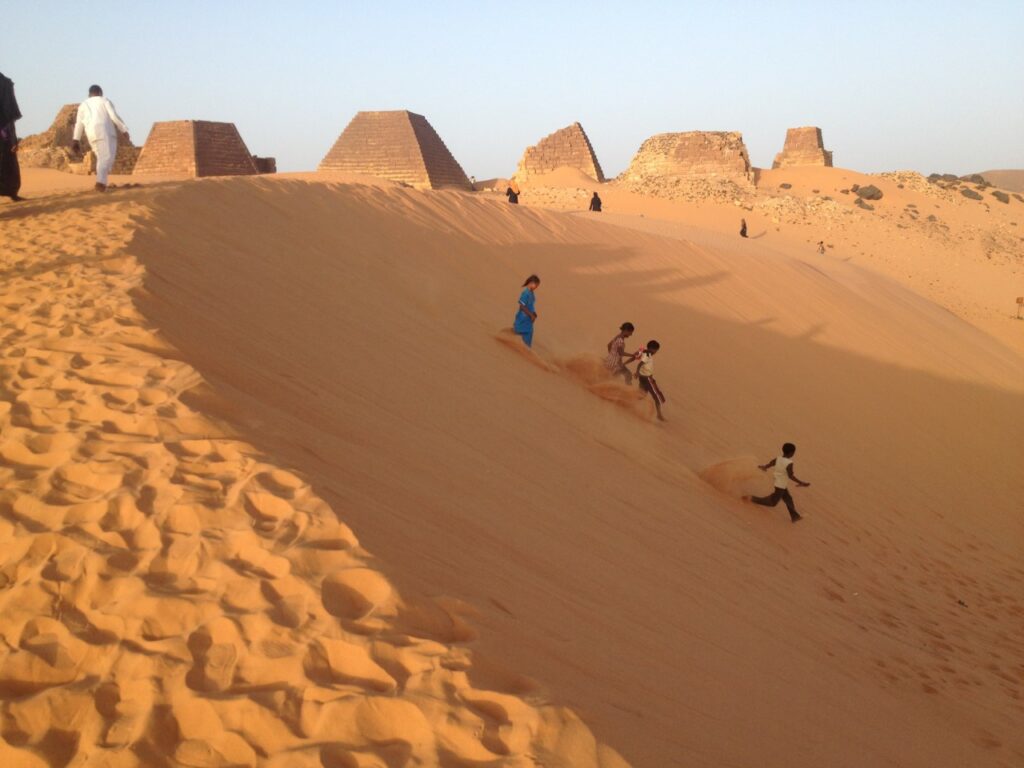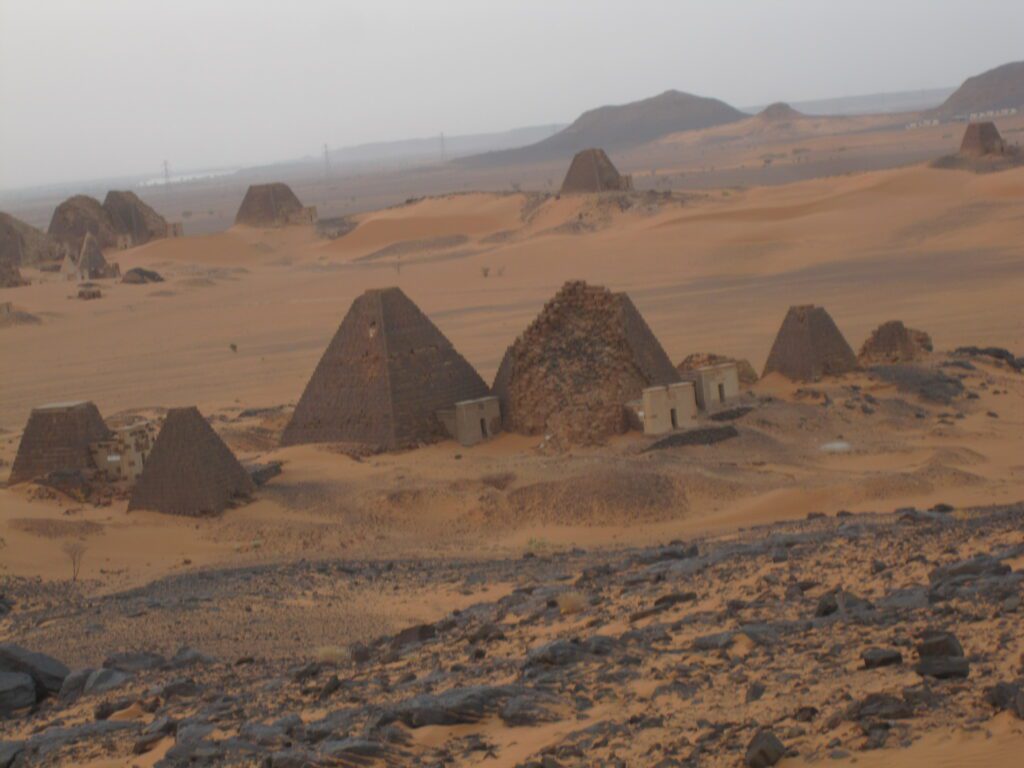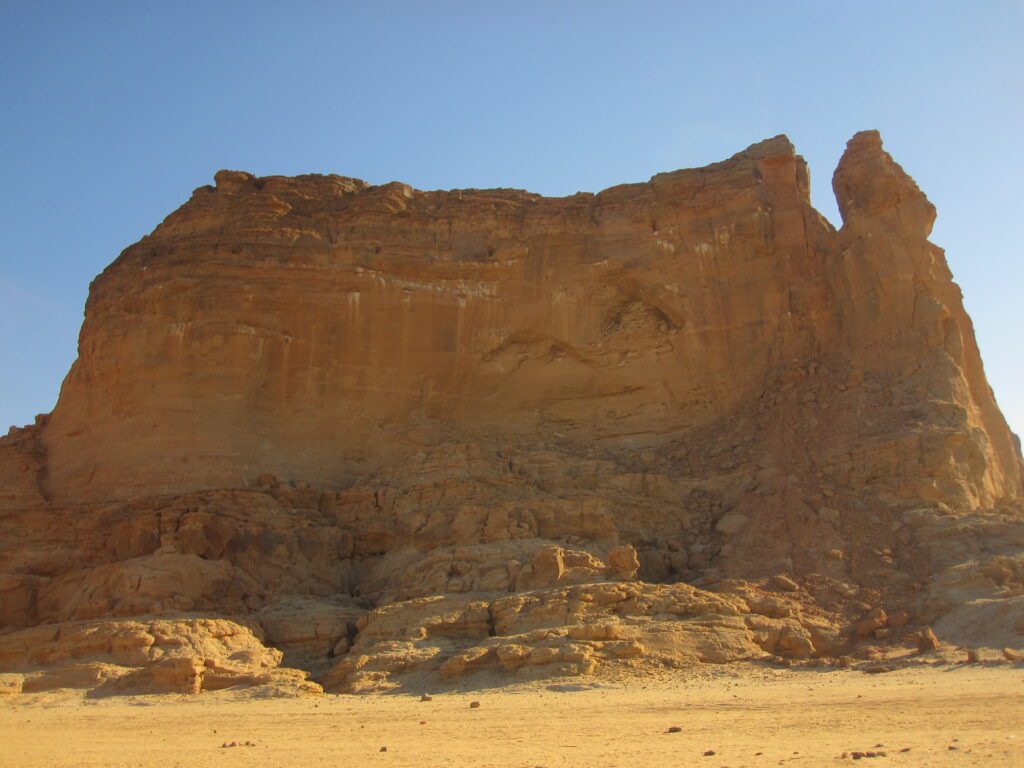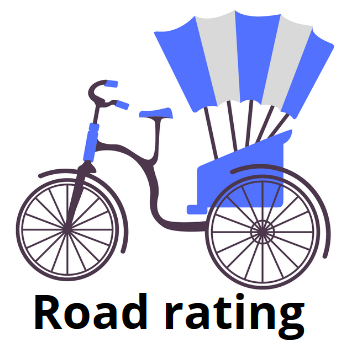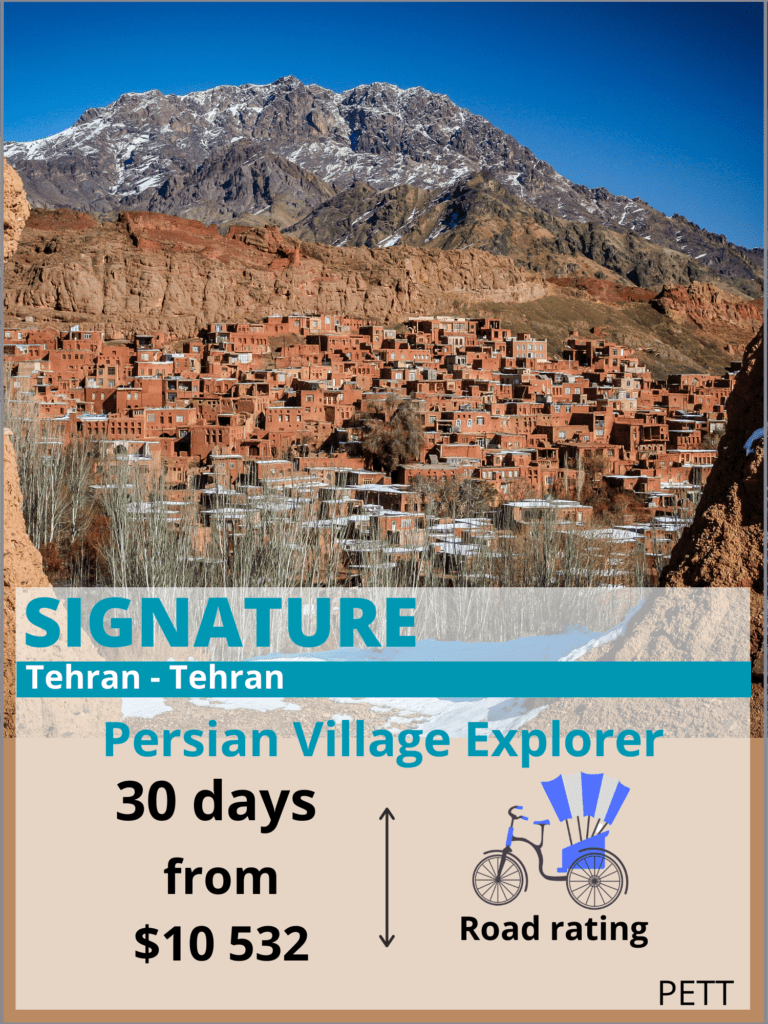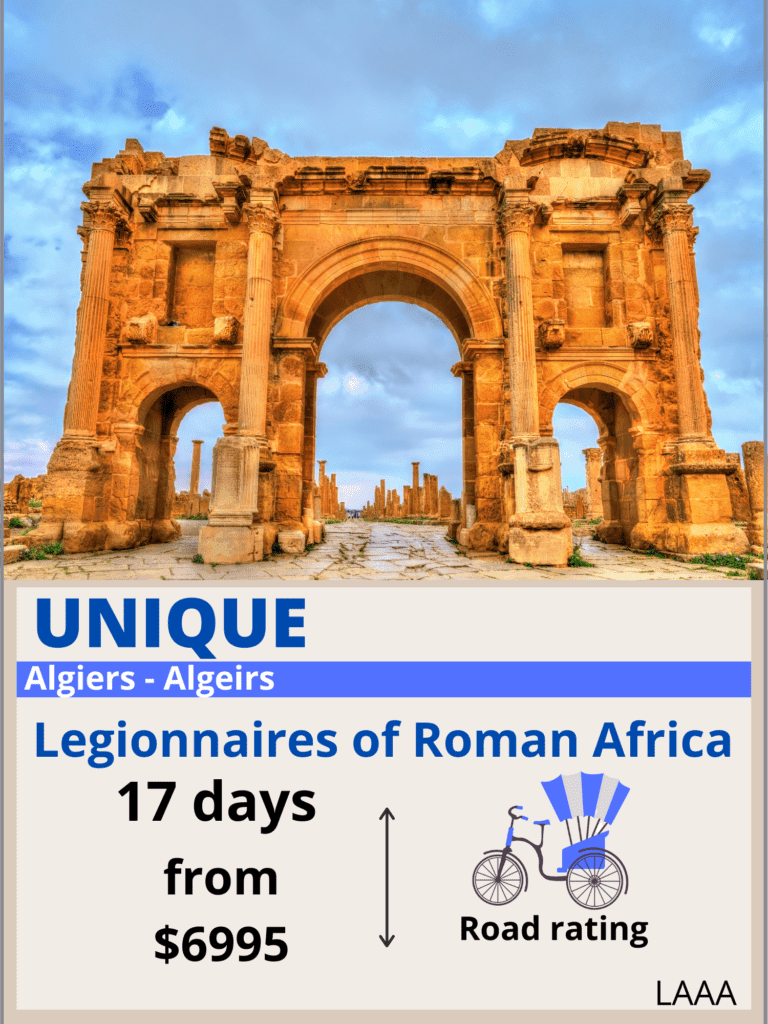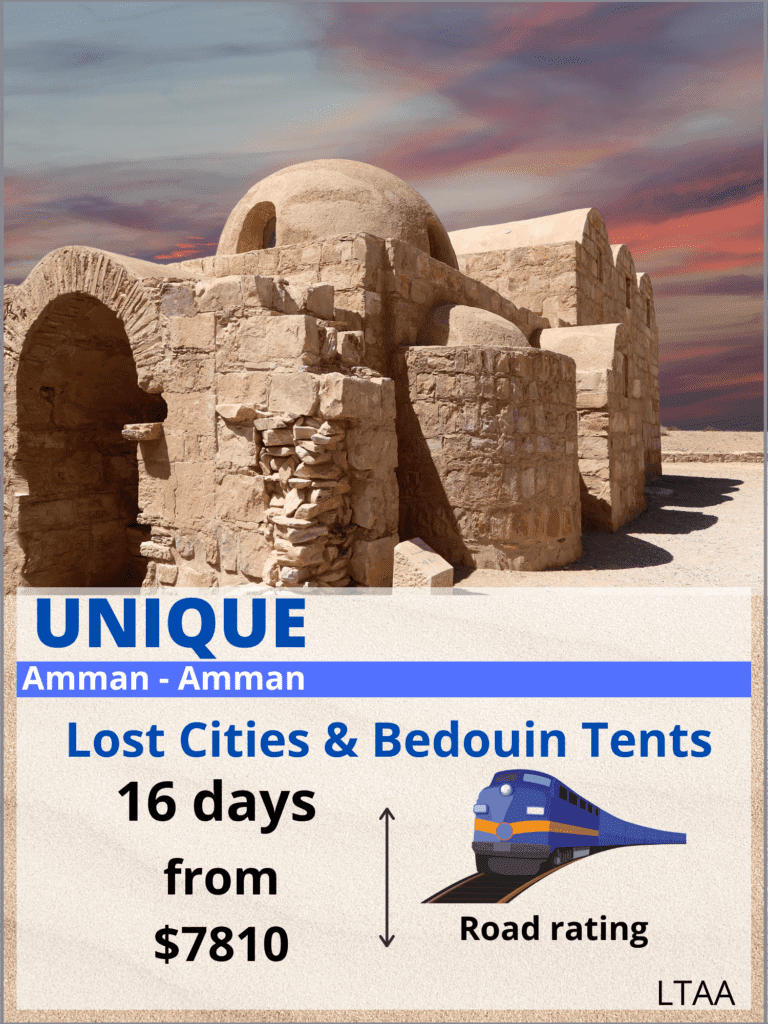Journey to the Confluence
An Adventure into the Heart of Sudan
Venture beyond Lake Nasser into the far reaches of Sudan on this pioneering journey into the forgotten kingdom of Nubia. Visit the deserted archaeological site of Meroë with its tepee shaped pyramids and discover the holy mountain of Gebel Barkal. Cross the Nile to marvel at the enigmatic Temple of Soleb, built by an Egyptian pharaoh for the people of Nubia to worship him as a god. Get to know the warm and friendly people of Sudan both by checking out village life in Wawa and in the chaotic metropolis of Khartoum at the confluence of the White Nile and the Blue Nile rivers.
Begin the journey in Aswan, Egypt by climbing aboard the Lake Nasser Ferry and stay in a range of unique accommodation from permanent tented camps at archaeological sites to homestays in small villages. Best of all, enjoy a land full of wonders and share it with no one except your fellow trip mates – cue the Indiana Jones theme song!
TRIP HIGHLIGHTS
- Venture into the heart of the Sudanese desert to the strange tepee shaped pyramids of Meroe, the last remnant of the kingdom of Kush
- Embark on a boat trip across the Nile to the Temple of Soleb, built by Amenhotep III of Egypt for the people of Nubia to worship him as a god, sunsets here are spectacular
- Explore the mud-brick fortress of ancient Kerma, former capital of the kingdom of Kush and see the relics of the Makoria kingdom in Old Dongola
- Complete this iconic journey in Khartoum at the confluence of the Nile, and visit the Blue Nile Sailing club, from which many travellers have set out on similar epic adventures.
- Stay in local family run homestays, Nubian houses, camp in the wilds of the Sudanese and Nubian deserts and stay at the site of Meroe in a permanent tented camp
- The stuff of travel legend, catch the ferry from Aswan, Egypt to cross Lake Nasser into Sudan, if you’re lucky you may catch a glimpse of the great temples of Abu Simbel from the deck
12 Days
ASWAN – KHARTOUM
$6890 AUD*
*** New Departure Coming Soon***
OR CONTACT US for more information
Trip code: JCAK *from
ITINERARY
Inclusions
- 11-nights accommodation in locally owned hotels, inns, homestays, guest houses, permanent tented camps, ferry and wild camping (no facilities – 1-night)
- Transport by airconditioned coach in Egypt and 4WD in Sudan
- Services of your Inverted Atlas trip leader and local guides
- Meals as specified in itinerary (B = Breakfast / L = Lunch / D = Dinner)
- Entrance fees to sites mentioned in itinerary

Details
Duration: 12 Days
Trip style: Signature
Group size: Minimum 6 / Maximum 15
Trip code: JCAK
Cost: $6890.00 AUD twin share
Single supplement: $1320.00 AUD
Trip price does not include
- International or domestic airfares
- Arrival or departure transfers
- Visa for Egypt or Sudan
- Meals not included as per trip itinerary including drinks and mini bar
- Additional accommodation before or after the trip
- Items of a personal nature including but not limited to laundry, souvenirs, porterage etc.
- Travel insurance – please note comprehensive travel insurance is a condition of travel with Inverted Atlas
Journey Rating – Adventure
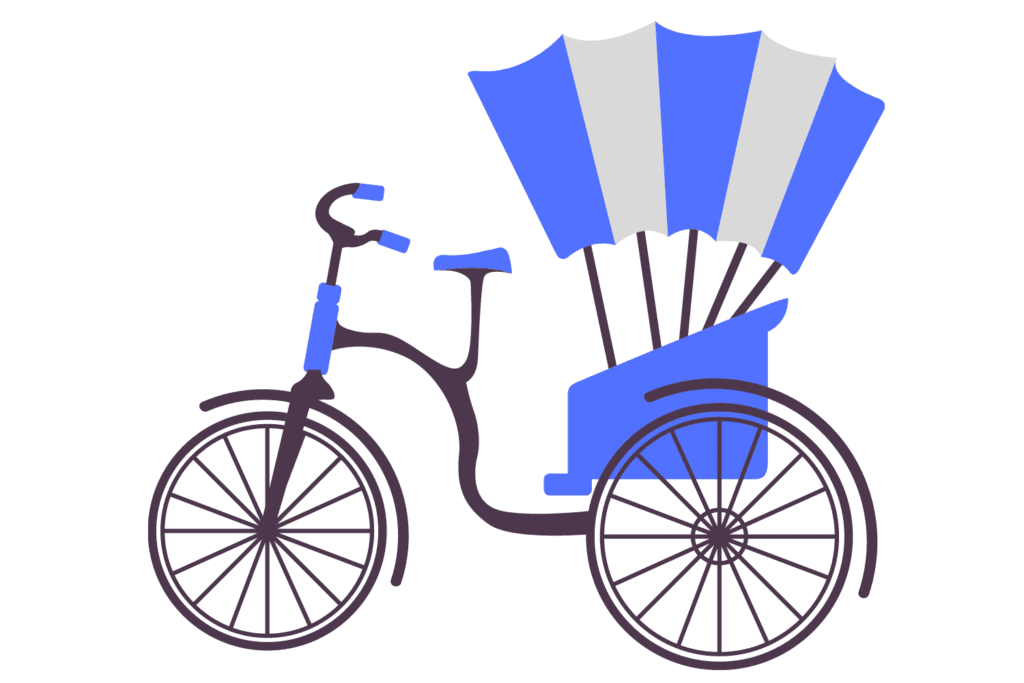
This is a tour of Sudan, a country not at all accustomed to tourism. Despite this local people are warm and friendly and will be genuinely curious about you and want to make a good impression. The infrastructure in Sudan will not be up to the standards you expect at home and the difference between standards upon leaving Egypt will be pronounced. There are no banks that work with foreign ATM or credit cards, and you should bring US dollars, Pounds or Euros to exchange. Bathrooms will often be of an eastern ‘squat’ variety (not in hotels) or sometimes even a hole in the ground.
Sudan is an Islamic country and as such, there is a strict dress code for women who will be required by law to wear a head scarf and either long pants with a knee length kaftan or full-length long sleeve dress. The good news is, while in remote areas of the desert dress regulations usually are not enforced.
A note about fitness
To get the most enjoyment out of this tour to Sudan, at minimum you should be able to walk up to 2.5km during scheduled sightseeing and be able to carry your own luggage to and from the coach or 4×4. You should also be able to use an eastern style ‘squat’ toilet (beware if you have knee issues). If you have trouble with hot weather, do be advised that Sudan, even outside the summer months can be extremely hot and small homestays and guesthouses are unlikely to have air-conditioning.
In addition, you should be in good health, with no major chronic conditions requiring frequent medical attention. This trip often travels through remote locations where the availability of a hospital or even phone reception to call an ambulance is limited. While all our trip leaders are required to have a valid first aid certificate, they are far from doctors and any assistance they are able to provide will be limited to basic first aid. For more information please see our booking conditions.
Single supplement
Traveling by yourself? No problem, we love single travellers and don’t believe in penalising them by charging half the trip price again for our single supplement. With us you are only paying the actual cost to have a room all to yourself. If you’re up for making a new friend, you can elect to share with another single traveller of the same sex and only pay the twin-share price. The choice is yours!
Please note that on this trip the single supplement is valid for hotels in Khartoum, Meroe and Karima only. It is also not possible to upgrade to a single cabin for the ferry or a single room/tent for small homestays and camping.
Trip leader description
Accompanying you along your tour to Sudan will be your Inverted Atlas trip leader. Your trip leader is a logistics extraordinaire, keeps the trip running smoothly and ensures you have the best time possible on your trip. It is important to know that while your trip leader has the best job in the world, they aren’t actually on holidays, but rather they are there to make sure you have the best time while you are on your holiday! Your trip leader may at times need some time out so that they can complete back of house tasks that ensure everyone continues to enjoy the trip. It is also your trip leaders’ job to handle any issues (heaven forbid!) that come up while you’re on your trip like:
- If you lose your passport or other travel documents
- If there is a problem with your room at the booked accommodation – seriously please tell your trip leader don’t wait until you leave
- If you become unwell and need to find a pharmacy
- Assisting with restaurant recommendations or additional sightseeing during free time
- Questions regarding the itinerary
Your trip leader will have some good local knowledge about the destination in which you are traveling, however they are not a ‘local guide’. You’re welcome to ask your trip leader anything about the trip and if they don’t know they will find out and get back to you. Other people you will meet along the way are ‘local guides’ who are generally available to the group in specific towns or at specific sites like national parks, temples or archaeological sites. These people are the local experts and will be able to answer any questions you may have about the history and culture of a specific site.
Itinerary disclaimer
The itinerary for this tour of Sudan is correct at the time of upload to our website and we have composed it in good faith. From time to time we may elect to make changes before departure, if we are making a big change we will of course notify you, however if it is a small change this will be reflected in the final trip notes. So, make sure you download these prior to departure. Small changes prior to departure are usually made with the groups best interests in mind and come about due to liaising with our best resources – our past travelers and of course our trip leaders! The ability to change and evolve depending on what our travelers enjoy is what makes us such a great trip operator.
While we strive to operate our trips exactly to the letter of the itinerary, sometimes we may need to make changes on the ground while the group is on the road. This is all part of the adventure of traveling and we would ask that you come on your trip with an open mind and a good sense of humour because as much as we want it to, everything doesn’t always go to plan. In fact, these impromptu situations often make the best stories that you can have a laugh with your friends about later.
Age requirements
Minimum Age: 18 years
Due to the remote nature and cultural sensitivity required on this trip, we are only welcoming those over the age of 18.
There is no upper age limit for this trip, but you should consider the above fitness requirements prior to booking. If you are 65 years or over, you will be asked to complete our Health Check Form and have your medical practitioner sign it to confirm you are in good health and able to participate safely on this trip.
Travel insurance
Please note that comprehensive travel insurance is a condition of travel with Inverted Atlas. Insurance must include provision for medical situations, emergency medical repatriation to your home country and personal liability at a minimum. Proof of valid travel insurance will be requested by your trip leader on arrival at the pre-departure meeting. Please have this paperwork available for them. If you are unable to provide proof of comprehensive travel insurance, you may not be allowed to join the trip and no refund will be payable.

